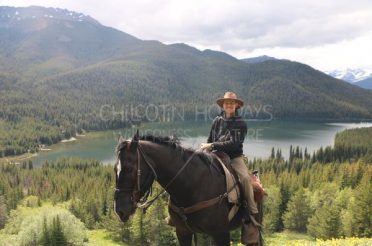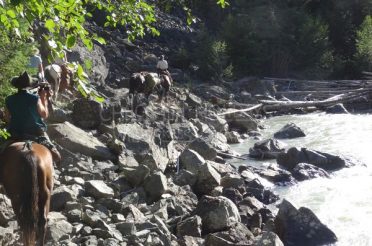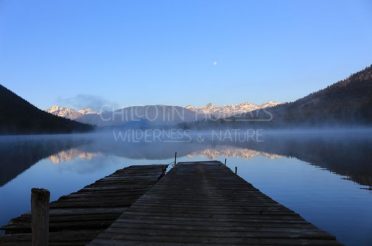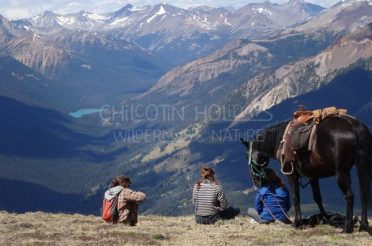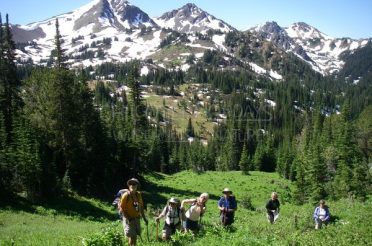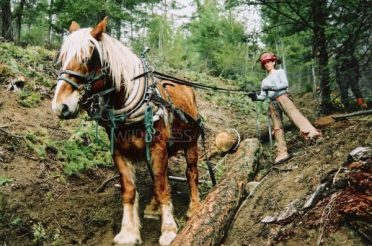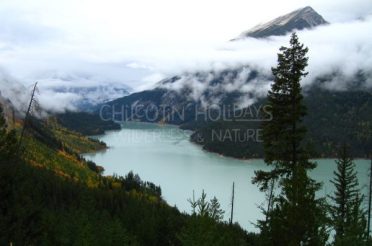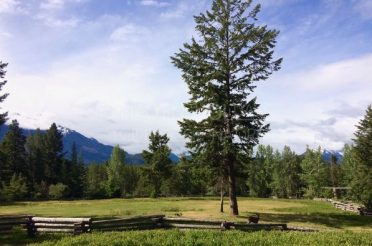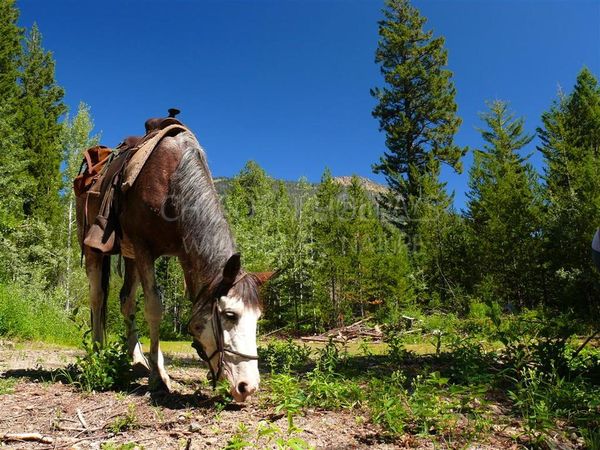 People often vacation in the mountains to escape the monotony of their 9-5 jobs and the chaos of a crowded metropolis. This gives them a brief time to reconnect with nature, something that we all desperately crave. In a sense, we’re looking for a way to “re-wild” ourselves. Lucy Purdy writes in her article Rewilding Human Nature, “Rewilding is not going backwards, to live in the woods—superficial stuff like that. It’s reconnecting to that wilderness dormant inside you; the amazing, rich, thing that’s there waiting to be engaged with.” Connecting with nature is vital for our health, physically, mentally, and emotionally.
People often vacation in the mountains to escape the monotony of their 9-5 jobs and the chaos of a crowded metropolis. This gives them a brief time to reconnect with nature, something that we all desperately crave. In a sense, we’re looking for a way to “re-wild” ourselves. Lucy Purdy writes in her article Rewilding Human Nature, “Rewilding is not going backwards, to live in the woods—superficial stuff like that. It’s reconnecting to that wilderness dormant inside you; the amazing, rich, thing that’s there waiting to be engaged with.” Connecting with nature is vital for our health, physically, mentally, and emotionally.
In our transition from a hunter-gatherer norm to a metropolis-based society, we lost our connection with the natural world. It was no longer necessary to track wild game; we had domesticated cattle and pigs to eat. Knowledge of toxic plants was forgotten; we instead grew gardens right outside the back door. Lighting a fire in the rain became a thing of the past; most had a roof over their heads to keep the fire dry. As a society, we distanced ourselves from the wild and lost the daily connection our ancestors had with nature. Little did we know how vital that connection still is to our existence.
“Because humans evolved in nature, it’s where we feel most comfortable,” claims Miyazaki, a physiological anthropologist and vice director of Chiba University’s Center for Environment, Health, and Field Sciences, “Through our evolution, we’ve spent 99.9 percent of our time in natural environments. Our physiological functions are still adapted to it” (Williams, Outside). Our human nature is most at home as we operate in harmony with the rhythm of the environment. One could say we are truly happy in nature.
Nature is where we, as humans, are able to form deeper, more meaningful connections with others and with ourselves. In the wilderness, we are able to step away from life’s distractions and focus on what is going on around us. Daily tasks, such as chopping wood, cooking meals, and cleaning shared areas, becomes a bonding experience and connects people through their shared goals. People find a sense of belonging in environments like this. Being in nature causes people to rely on each other, to trust one another, and to contribute greater value to the community.
As a society, we purposely separated ourselves from nature. We caged our inner “wilderness,” as we constructed skyscrapers instead of tree houses. Today we are aware of the positive effects nature has on our well-being and mindset. We were meant to be connected to nature. Now, with all the obstacles of modern life, we have to make a conscious effort to place ourselves back in natural environments. We can embark on an immersive nature experience, like a horse pack trip, go hiking, or take part in wildlife conservation. “We would do well to rewild the world and rewild ourselves” (Kahn & Hasbach, 2013). We have the necessary tools to rewild ourselves; now it’s time to use them.
Danika
—————————-
To learn more about the ideas and principles that inspire us, you can read the following articles :
- “Rewilding Human Nature” by Lucy Purdy
Purdy, Lucy. “Rewilding Human Nature.”Positive News, Positive News, 13 Sept. 2018, - “Take Two Hours of Pine Forest and Call Me in the Morning” by Florence Williams
Williams, Florence. “Take Two Hours of Pine Forest and Call Me in the Morning.”Outside Online, Outside Magazine, 23 Oct. 2018, - Ecological Presence as a Virtue by Peter H. Kahn, Jr.
Kahn, Peter H. “Ecological Presence as a Virtue.”Department of Psychology and School of Environmental and Forest Sciences, University of Washington.

